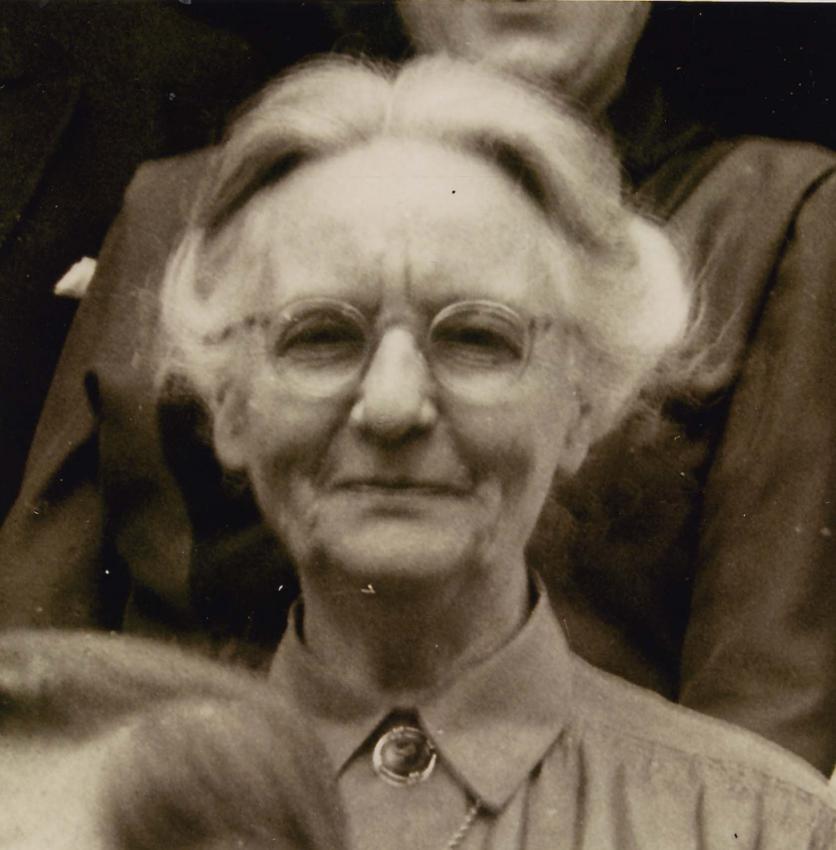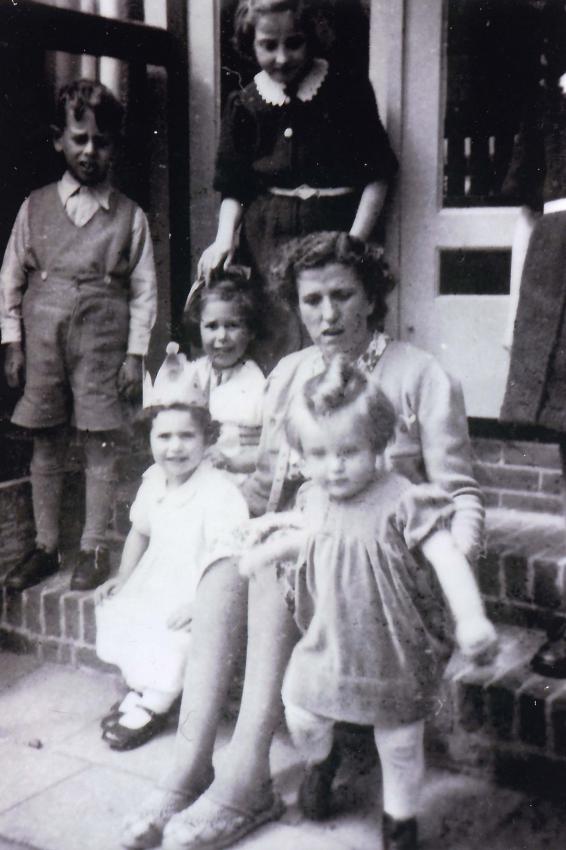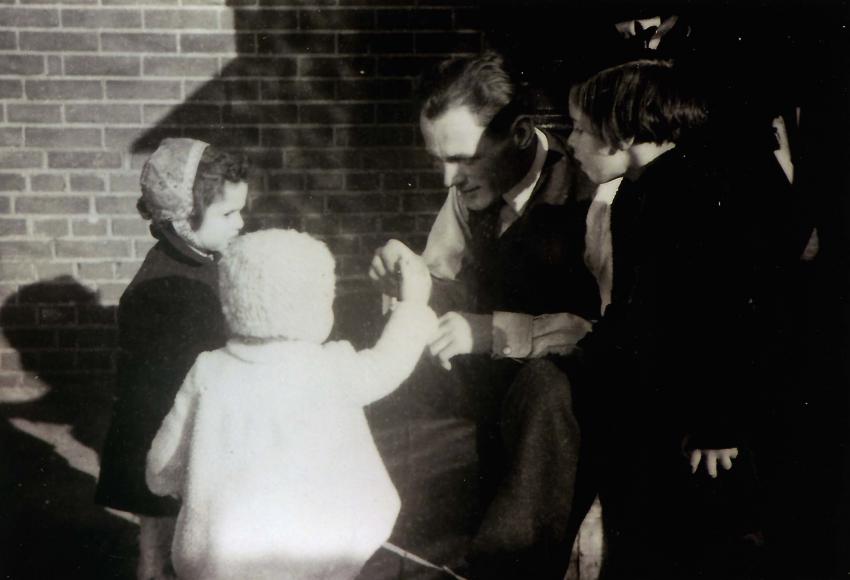





Sunday to Thursday: 09:00-17:00
Fridays and Holiday eves: 09:00-14:00
Yad Vashem is closed on Saturdays and all Jewish Holidays.
Entrance to the Holocaust History Museum is not permitted for children under the age of 10. Babies in strollers or carriers will not be permitted to enter.






On 13 September 1944, the last transport of Jews from the Netherlands left Westerbork to Bergen-Belsen concentration camp. France had already been liberated and German troops were on the retreat on all fronts. But until the very end, Nazi Germany garnered its last remaining resources in order to complete the most important task of murdering the Jews. Driven by an uncompromising antisemitic ideology, they continued to hunt down every last Jew, every Jewish child they could put their hands on. The searches for the Jews went on until the very last minute; the caught Jews were brought to the transit camp and when a sufficient number had been gathered, they would be transported to the east.
Fifty-nine young infants were put on the train that was to be the last transport from Westerbork. They had been denounced or were caught at their benefactors’ homes, and were dragged from their shelter to the camp and then put on the train. Because of their young age, they could not even provide information about their identity, and thus were registered on the deportation list as Unbekannte Kinder – "unknown children".
Three of the “unknown children” on that transport had been sheltered by Elisabeth and Karel Eckhart and Karel's mother Gertrude. Gertrude had established an Anthroposophical school in The Hague in the 1930's. The Germans closed the institution in summer 1942, and Gertrude, her son and his wife continued to live in the building. There, Elisabeth and Karel Eckhart’s baby daughter was born in September 1942.
On the very same day that their daughter came to the world, a Jewish infant, 14-months-old Lisette van Vlijmen, was brought to the couple's home in The Hague. Shortly afterwards the couple took in another two Jewish children – Harry and Beatrice Rothe, aged 3 and 5. We know that another child was also sheltered by the couple, but his identity remains unknown. The Eckhart family took care of the children and raised them together with their daughter.
In August 1943 the entire population living close to the seashore was evacuated. The Eckharts moved with the children in their charge to another area in The Hague, and finally settled in Gouda. They continued to care for the Jewish children who had been placed with them.
However all their efforts came to vain when the family was denounced. On 31 July 1944 the police raided the Eckhart residence. Karel was not at home, the children were taken away and Karel’s mother, Gertrude, was arrested and sent to prison in Arnhem. In order to serve the purpose of killing every single Jew, the three infants in the Eckhart’s home were seized by the police and brought to Westerbork to await deportation. Karel and his wife had to go into hiding until liberation.
The transport of 13 September 1944 from Westerbork went to Bergen Belsen and from there the children were taken to Theresienstadt. Fortunately, all three captured children survived and were returned to their rescuers' home after the war. The Eckharts took care of them while waiting to see if any family of their wards had survived. The mother of Harry and Beatrice Rothe came back and took her children. When it became known that Lisette van Vlijmen's parents and grandparents had perished, the rescuers wanted to adopt her. However an uncle survived and took her to live with him. The contact between the little girl and the rescuers was lost and only many years later, with the help of a TV program, the connection was re-established. Harry and Beatrice Rothe joined her in asking Yad Vashem to honor the rescuers.
In 2004 Karel and Beatrice Eckhart and Karel's mother, Gertrude, were awarded the title of Righteous Among the Nations.

Thank you for registering to receive information from Yad Vashem.
You will receive periodic updates regarding recent events, publications and new initiatives.

"The work of Yad Vashem is critical and necessary to remind the world of the consequences of hate"
Paul Daly
#GivingTuesday
Donate to Educate Against Hate


Worldwide antisemitism is on the rise.
At Yad Vashem, we strive to make the world a better place by combating antisemitism through teacher training, international lectures and workshops and online courses.
We need you to partner with us in this vital mission to #EducateAgainstHate
The good news:
The Yad Vashem website had recently undergone a major upgrade!
The less good news:
The page you are looking for has apparently been moved.
We are therefore redirecting you to what we hope will be a useful landing page.
For any questions/clarifications/problems, please contact: webmaster@yadvashem.org.il
Press the X button to continue



